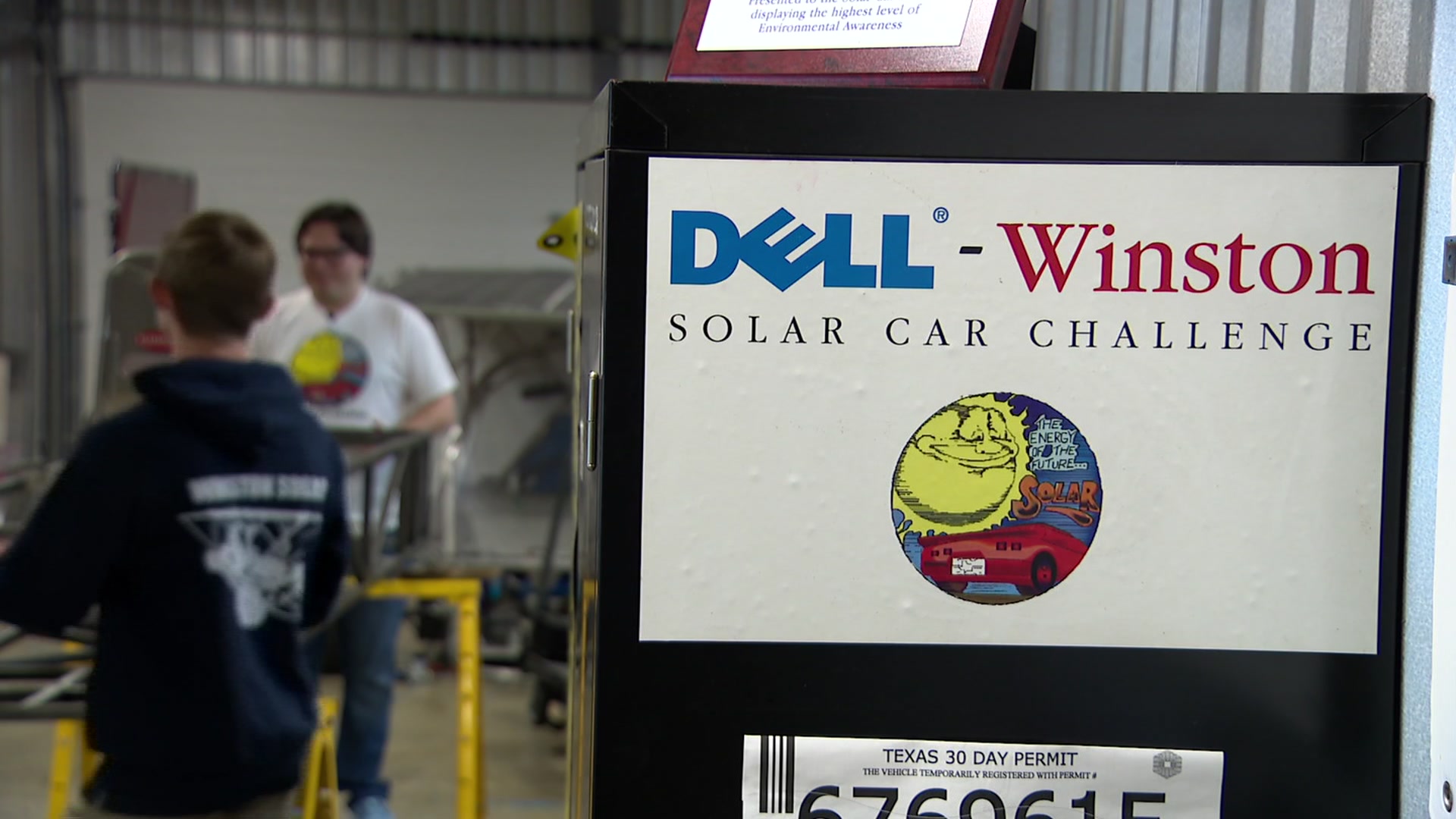In Denton, the war on drugs includes a meth lab on a college campus. Researchers at the University of North Texas are making that drug, and others, in the name of science.
In a basement lab at UNT’s Hickory Hall, chemistry professor Guido Verbeck is fighting the war on meth, opioids and other drugs.
“This is really important,” said Verbeck. “This epidemic we have in the U.S. is just off the hook."
Part of the work involves actually making meth, opioids, PCP and other illegal drugs.
“We have access to a lot of chemistry a lot of people don't have,” he said.
It is access given to researchers by the Federal Drug Enforcement Administration. The drugs are made under careful supervision, and in small batches.
“We manufacture the way clandestine labs would out in the world,” said Verbeck.
Local
The latest news from around North Texas.
The research is part of a larger project which could change the way drugs are detected in a person’s system. A portable which detects what standard alcohol breathalyzers can’t. The unit can detect illegal drugs, contaminants in those drugs, and whether the substances are prescription drugs of made in a lab.
“A person under the influence can no longer say, I have a prescription for that,” if they don’t, he said.
Verbeck says the device can be used in hospitals to detect if a patient is on drugs, and also in workplace situations. It is not ready for marketing just yet.
Verbeck and UNT are partnered with a Frisco-based company called InspectIR, which could begin marketing the drug breathalyzer to police, hospitals, and businesses within a year.
“We think we've got the device the way we want it to work,” said Verbeck. “Now the only way to do it is test it on human beings."
That will be the real test. An important tool in the war on opioids.
“I want to try and curtail this as fast and as quick as we can."



